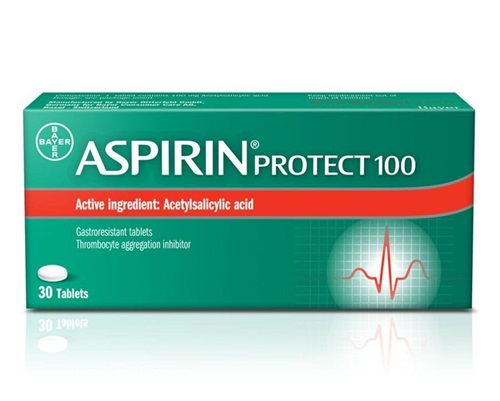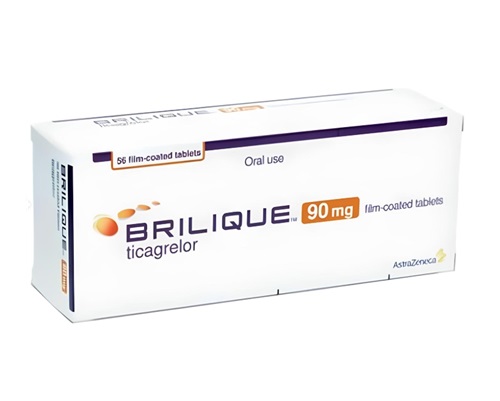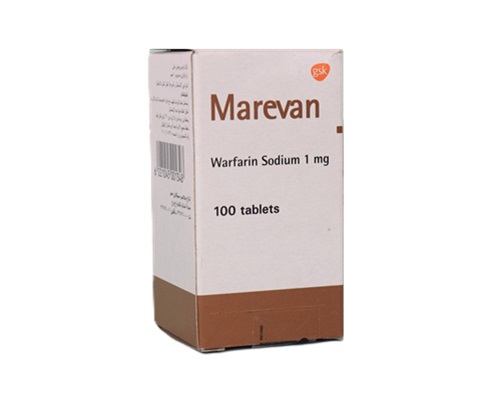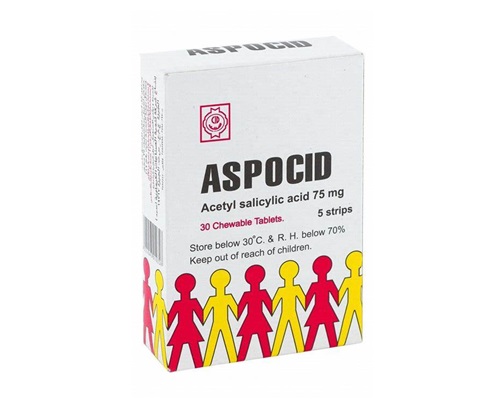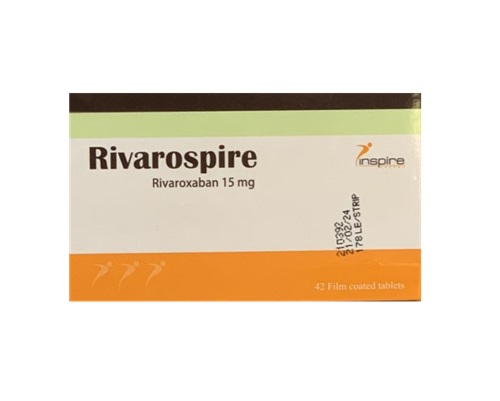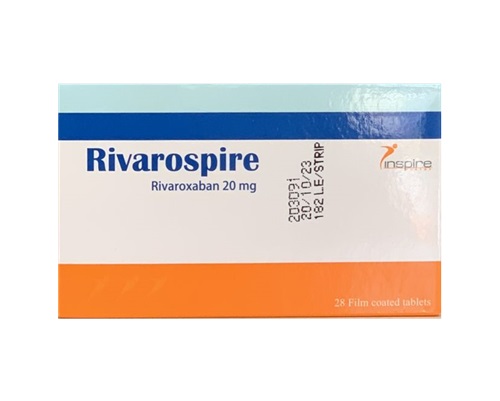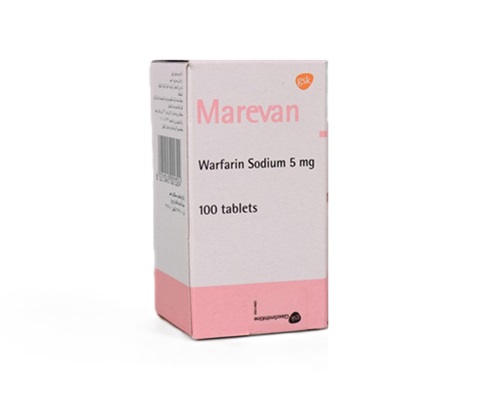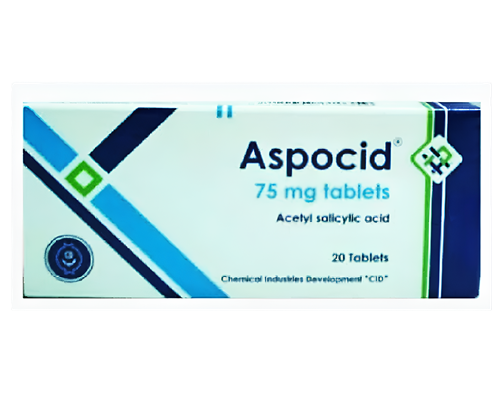Description
Trade name:
Rivo
Compound:
Each tablet contains:
Acetylsalicylic acid 320 mg
Properties:
NSAID. It has anti-inflammatory, analgesic and antipyretic effects, and inhibits platelet aggregation. The mechanism of action is associated with the inhibition of COX activity, the main enzyme in the metabolism of arachidonic acid, which is a precursor of prostaglandins, which play a major role in the pathogenesis of inflammation, pain and fever. A decrease in the content of prostaglandins (mainly E1) in the thermoregulation center leads to a decrease in body temperature due to the expansion of skin vessels and increased sweating. The analgesic effect is due to both central and peripheral action. Reduces platelet aggregation, adhesion and thrombus formation by suppressing the synthesis of thromboxane A2 in platelets.
Reduces mortality and the risk of myocardial infarction in unstable angina. Effective in primary prevention of cardiovascular diseases and secondary prevention of myocardial infarction. In a daily dose of 6 g or more, it suppresses prothrombin synthesis in the liver and increases prothrombin time. Increases plasma fibrinolytic activity and reduces the concentration of vitamin K-dependent coagulation factors (II, VII, IX, X). Increases the frequency of hemorrhagic complications during surgical interventions, increases the risk of bleeding during anticoagulant therapy. Stimulates the excretion of uric acid (impairs its reabsorption in the renal tubules), but in high doses. Blockade of COX-1 in the gastric mucosa leads to inhibition of gastroprotective prostaglandins, which can cause ulceration of the mucosa and subsequent bleeding.
Indications:
Rheumatism, rheumatoid arthritis, infectious-allergic myocarditis; fever in infectious and inflammatory diseases; pain syndrome of weak and moderate intensity of various genesis (including neuralgia, myalgia, headache); prevention of thrombosis and embolism; primary and secondary prevention of myocardial infarction; prevention of cerebrovascular accidents of ischemic type.
Method of administration and dosage:
Take orally during meals.
Adults and children over 16 years of age:
1-3 tablets up to 4 times a day.
The maximum daily dose is 3600 mg in divided doses.
To prevent blood clots, take 320 mg per day.
Contraindications:
Erosive and ulcerative lesions of the gastrointestinal tract in the acute phase, gastrointestinal bleeding, “aspirin triad”, history of urticaria, rhinitis caused by taking acetylsalicylic acid and other NSAIDs, hemophilia, hemorrhagic diathesis, hypoprothrombinemia, dissecting aortic aneurysm, portal hypertension, vitamin K deficiency, liver and/or kidney failure, glucose-6-phosphate dehydrogenase deficiency, Reye’s syndrome, childhood (under 15 years – risk of developing Reye’s syndrome in children with hyperthermia due to viral diseases), I and III trimesters of pregnancy, lactation period, hypersensitivity to acetylsalicylic acid and other salicylates.
Precautions:
Use with caution in patients with liver and kidney diseases, bronchial asthma, erosive and ulcerative lesions and gastrointestinal bleeding in the anamnesis, increased bleeding or with simultaneous anticoagulant therapy, decompensated chronic heart failure.
Acetylsalicylic acid, even in small doses, reduces the excretion of uric acid from the body, which can cause an acute attack of gout in predisposed patients. When conducting long-term therapy and/or using acetylsalicylic acid in high doses, medical supervision and regular monitoring of hemoglobin levels are required.
The use of acetylsalicylic acid as an anti-inflammatory agent in a daily dose of 5-8 g is limited due to the high probability of developing side effects from the gastrointestinal tract.
Side effects:
From the digestive system: nausea, vomiting, anorexia, epigastric pain, diarrhea; rarely – the occurrence of erosive and ulcerative lesions, gastrointestinal bleeding, liver dysfunction.
From the central nervous system: with prolonged use, dizziness, headache, reversible visual impairment, tinnitus, and aseptic meningitis are possible.
From the hematopoietic system: rarely – thrombocytopenia, anemia.
From the blood coagulation system: rarely – hemorrhagic syndrome, prolongation of bleeding time.
From the urinary system: rarely – renal dysfunction; with prolonged use – acute renal failure, nephrotic syndrome.
Allergic reactions: rarely – skin rash, Quincke’s edema, bronchospasm, “aspirin triad” (a combination of bronchial asthma, recurrent polyposis of the nose and paranasal sinuses and intolerance to acetylsalicylic acid and pyrazolone drugs).
Storage method:
At a temperature not exceeding 30 degrees. In a dry place.


